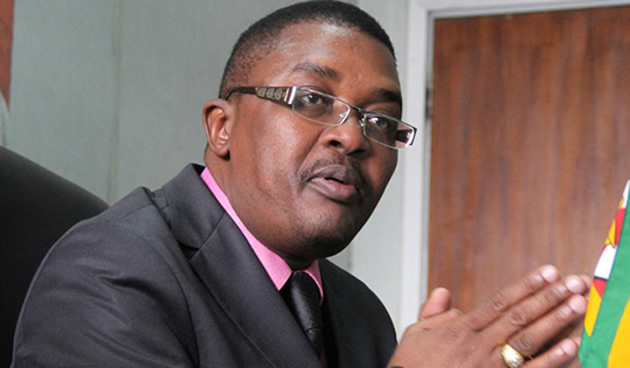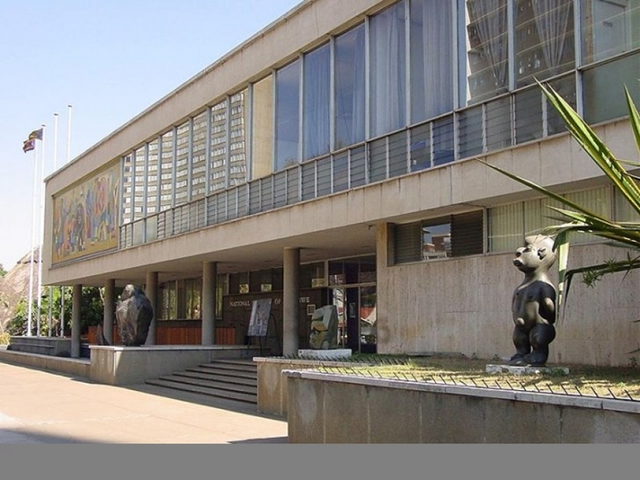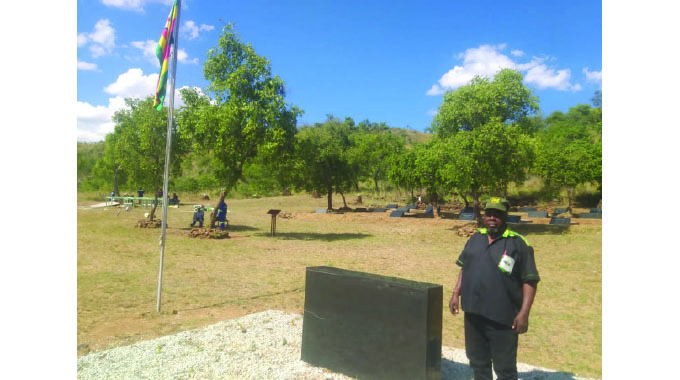Women empowerment vital to sustainable development
Nyarai Kampilipili Correspondent
The global community continues to make significant progress to promote gender equality and women’s empowerment for sustainable development.
However, a number of challenges still hamper efforts by most countries, particularly those in Africa, to fully advance gender empowerment in all spheres of development including political, economic and social.
The recent 61st session of the Commission on the Status of Women (CSW61) held from March 13 to 24 in New York, US, acknowledged some of the challenges and said there is urgent need to address them to ensure sustainable socio-economic development.
The CSW61 noted that most of the structural barriers that hinder gender parity and equality are usually found at the workplace.
These barriers include unbalanced terms and conditions of employment, recruitment, retention, re-entry, promotion and progression to senior management positions and the retirement and dismissal of women.
Although access to decent, good quality paid work is critical for women’s economic empowerment, gender gaps at work remain persistent and pervasive across all regions including southern Africa.
Women’s economic empowerment is fundamentally dependent on the employment opportunities in both the private and public sector and the terms and conditions of their paid and unpaid work.
The CSW61 recognised that despite some positive trends in closing gender gaps and improving women’s labour conditions over the past few decades, gender inequalities in labour markets prevail worldwide and inhibit women’s economic empowerment.
These gender gaps require policy action to strengthen opportunities and outcomes for women.
The commission said there is need to address the contradiction between legal provisions and practice in gender laws; breaking down harmful social norms and transforming discriminatory institutional settings; and securing women’s economic, social and political participation.
The commission acknowledged that structural barriers to gender equality and gender-based discrimination persist in labour markets worldwide, which impose greater constraints on women in balancing work and family responsibilities and that these structural barriers need to be eliminated in order for women to be able to participate fully in society and equally in the world of work.
In Southern Africa, gender inequalities are manifested in the world of work as gender gaps in labour force participation and pay, occupational segregation, unequal working conditions and women’s burden of unpaid domestic and care work, which characterise both the formal and informal economies.
According to the SADC Gender and Development Monitor 2016 launched at 36th SADC Summit held in August 2016 in Swaziland, the economic empowerment of women is prerequisite for sustainable development and requires sound public policies, a holistic approach and long-term commitment.
Gender inequality in the labour market alone cost sub-Saharan Africa about US$95 billion annually between 2010 and 2014, peaking at US$105 billion in 2014 according to the Africa Human Development Report 2016.
Thus, persistent discrimination against women can substantially hinder development and could slow the pace of economic growth.
In Southern Africa as elsewhere in the world, the numbers of women with multiple role responsibilities, such as wife, mother and paid worker, are on the rise.
Results confirm that Africa is failing to achieve its full growth potential because a sizeable portion of its growth reserve – women – is not fully utilised.
Accelerating gender equality is a core function of government, involving multi-sectoral efforts that include national and local government entities, non-governmental actors, civil society organizations, men and women. – sardc.net







Comments